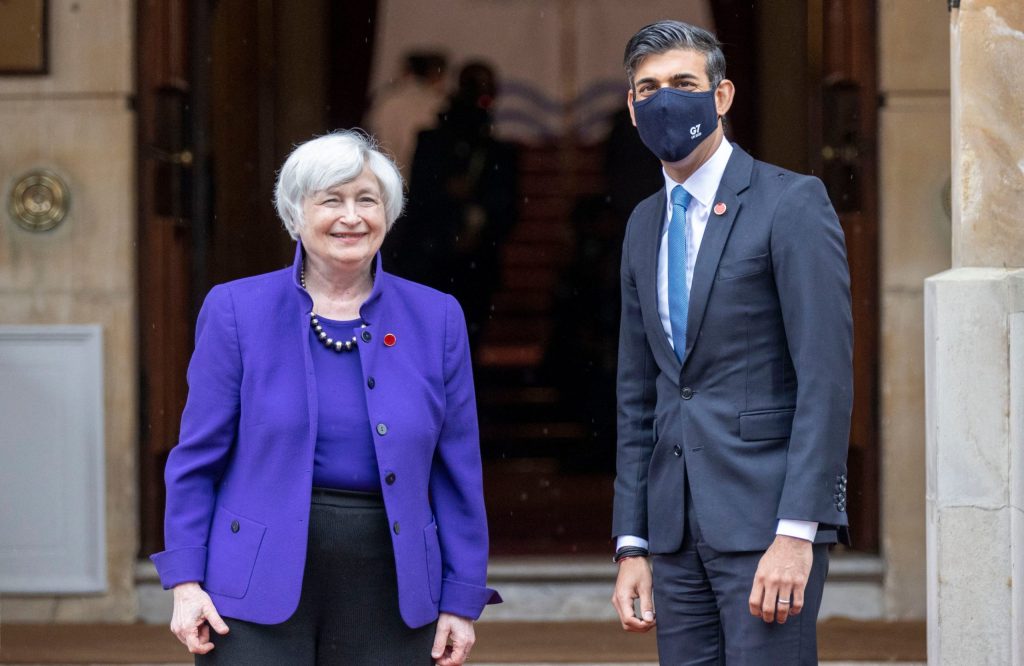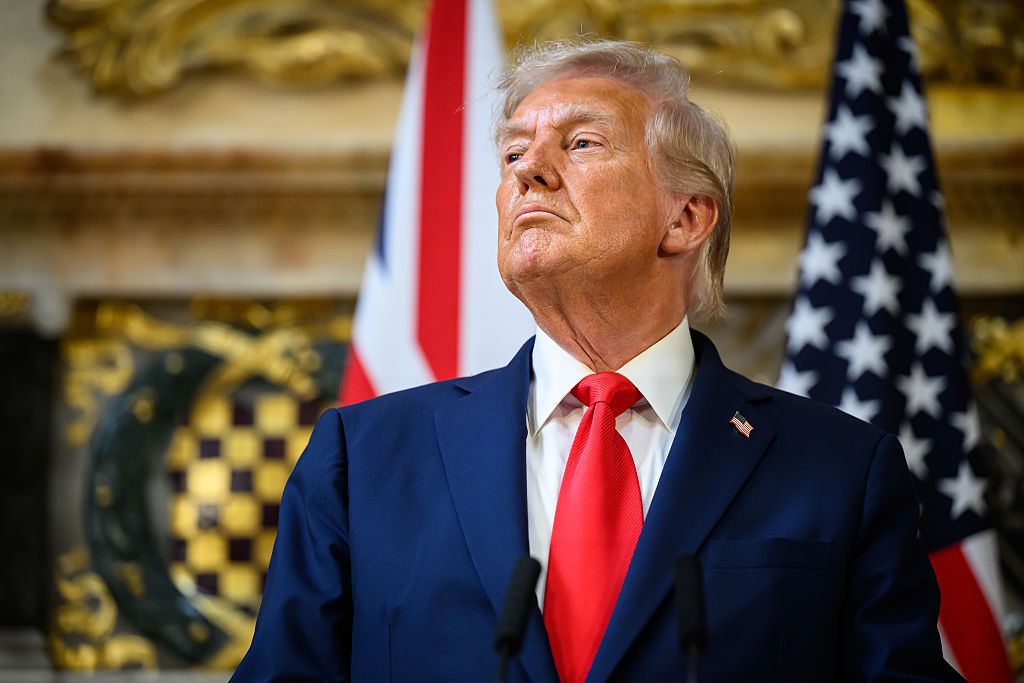Calls to reform corporation tax are nothing new and don’t just come from the left. The inefficient and bureaucratic nature of the tax has been highlighted by free-market advocates for years, as it becomes increasingly obvious that, in the age of multinationals and digital tech giants, the structure is no longer fit for purpose.
Action is now being taken. On Saturday afternoon the advanced economies which form the G7 agreed a new structure for taxing big corporations. The historic deal will see a major shift in the way companies are taxed: away from the existing model in which they are taxed in accordance with where their product is created to a new system based on where they are operating. Firms with a profit margin of 10 percent or above — which is currently thought to apply to roughly 100 companies, including Google and Amazon — will now have 20 percent of their profits above that margin reassigned and taxed in the countries where they are doing business.
Has the G7 found the solution? It’s a far cry from overhauling the outdated structure all together, but it’s a step in the right direction: a better reflection of where taxable activity is really taking place. It’s also a big breakthrough on the international scene. The United States previously put up barriers to such considerations: home to the biggest tech giants, America was in the habit of protecting its companies from facing higher taxes overseas.
But this change of heart is far from magnanimous. The US’s willingness to agree to this compromise has come at a huge cost, one which will threaten the independent decision-making of other nation states. For alongside agreeing a new tax structure, the G7 has agreed in principle to a global minimum tax rate of 15 percent.
The rate they’ve landed on won’t require change from most developed countries — Ireland being a notable exception, with a rate of 12.5 percent — as they hover around or above the proposed minimum. The worldwide average, weighted by GDP, is nearly 26 percent.
The agreement comes as the US and the UK are set to hike their corporation tax rate, to 28 percent and 25 percent (in the top tier) respectively. These are political and policy decisions that have been weighed up by both governments to help cover the cost of the pandemic. It’s a gamble: evidence in the UK suggests lower tax rates in the 2010s led to higher revenue. And there’s always the risk that businesses will relocate or reprioritize in response to tax changes.
It’s this second risk that the world’s richest nations would like to see disappear. Rather than having to respond to competitive pressure being applied by neighbors or up-and-coming business destinations, they are taking steps to make sure their competition is stilted. It is in their national interest to prevent other countries from offering a more competitive rate — but not obviously in the interest of employees or consumers (who see the cost of corporation tax reflected in their wages and costs).
Nor is it good news for countries whose rates sit below the US or UK. If 15 percent is the starting point, where does it go from here? Look at America: facing a heavy debt burden and increasing fears of an inflation spike or interest rate hike. It’s not difficult to see one of the proposed solutions to pay for these problems be yet another hike in corporation tax — alongside a proposal to hike to the global minimum. After all, President Biden was reported to want the minimum to start at 21 percent. To put that in perspective, that’s four percentage points above where David Cameron and George Osborne wanted to take the UK’s rate only a few years ago.
The question remains just how ‘in principle’ this global minimum would be. So far Ireland has doubled down on its competitive rate, with the country’s minister for finance pledging to keep making the case for the country’s preferred rate. How far would the G7, or the G20 which meets next month in Italy, push the line between voluntary and required? Might sanctions or penalties be considered against countries that don’t comply?
And how fragile will this agreement be? Changes in leadership, even within the G7, could easily challenge the status quo. Consider the yo-yoing in America’s corporate tax rate between the Obama, Trump and Biden years, which saw Trump cut the rate from 35 percent to 21 percent, with Biden now set to hike it up again. Or even the difference in options between recent Tory chancellors. The global minimum could go the way of the Paris Climate Accord: all it takes is one major player to abandon the agreement to cause treaty chaos for years.
It is not just the policy, but what it represents, that is the real cause for concern. The world’s richest countries are in the process of undercutting economic principles — mainly competition and the ability to attract business — that have been responsible for increasing people’s prosperity across the globe. It’s easy to see why they’ve done it: the short-term gain may well be to their advantage. But the long-term economic consequences could be harder to avoid — even for those at the top.
This article was originally published on The Spectator’s UK website.

























